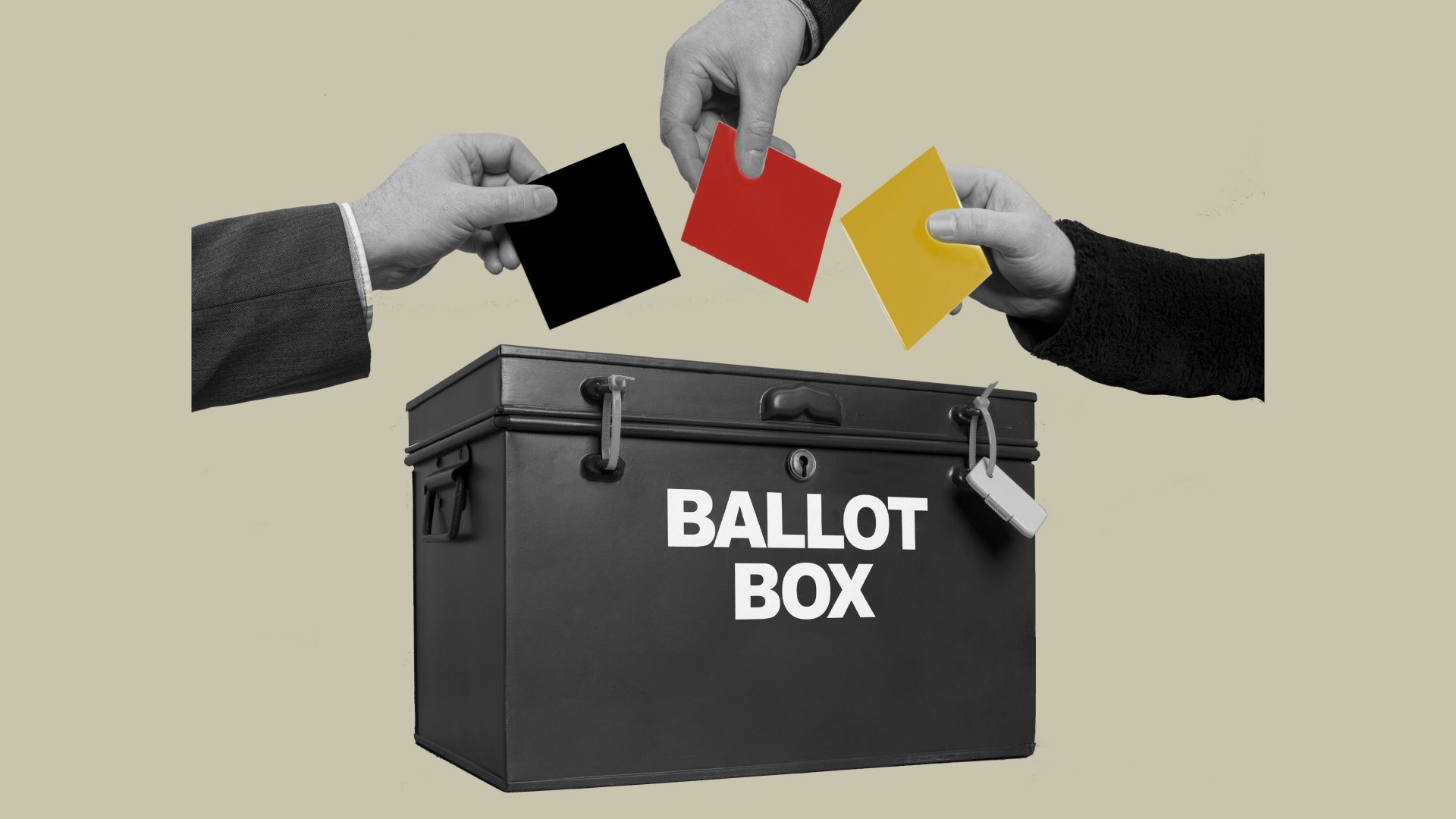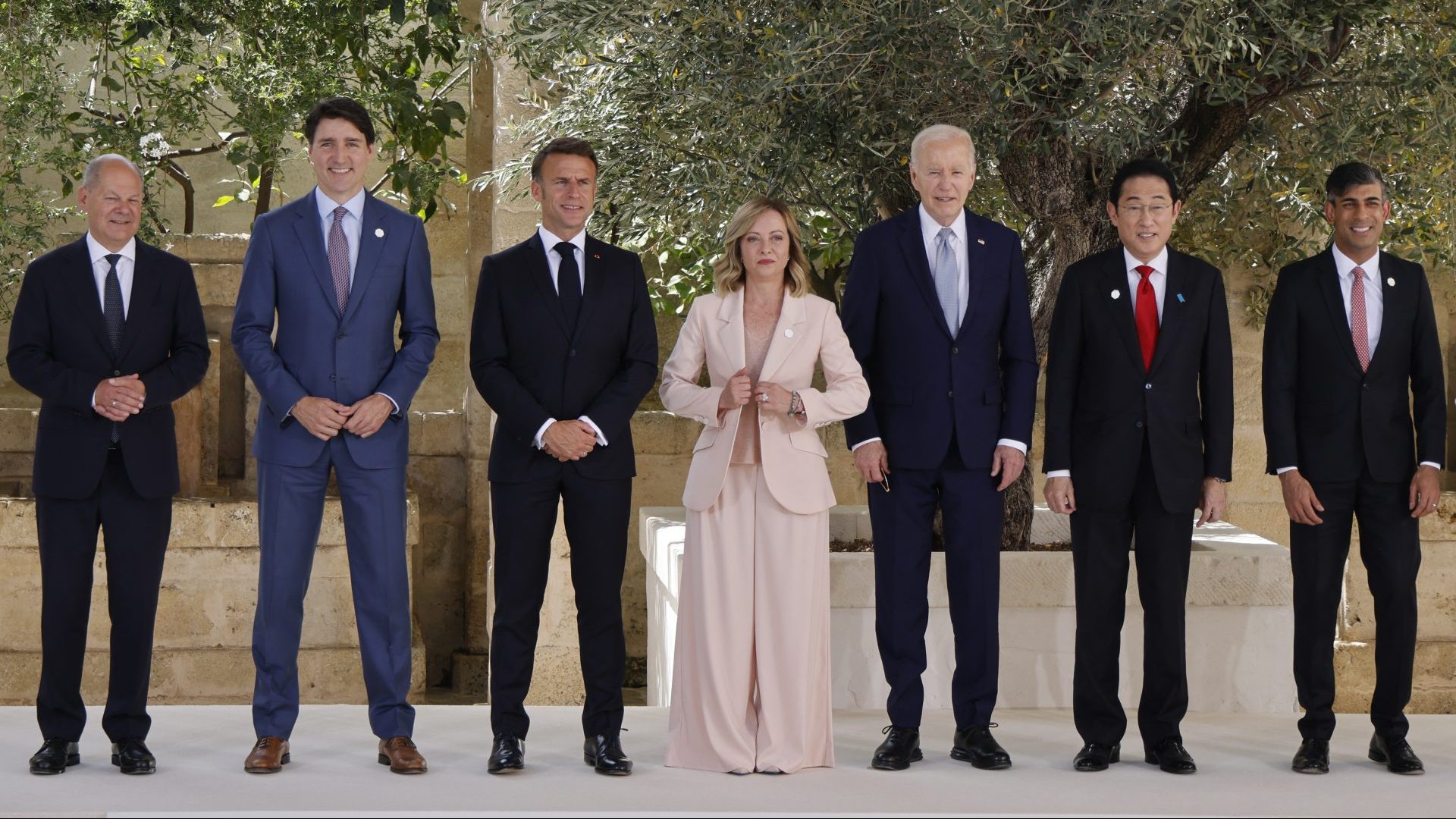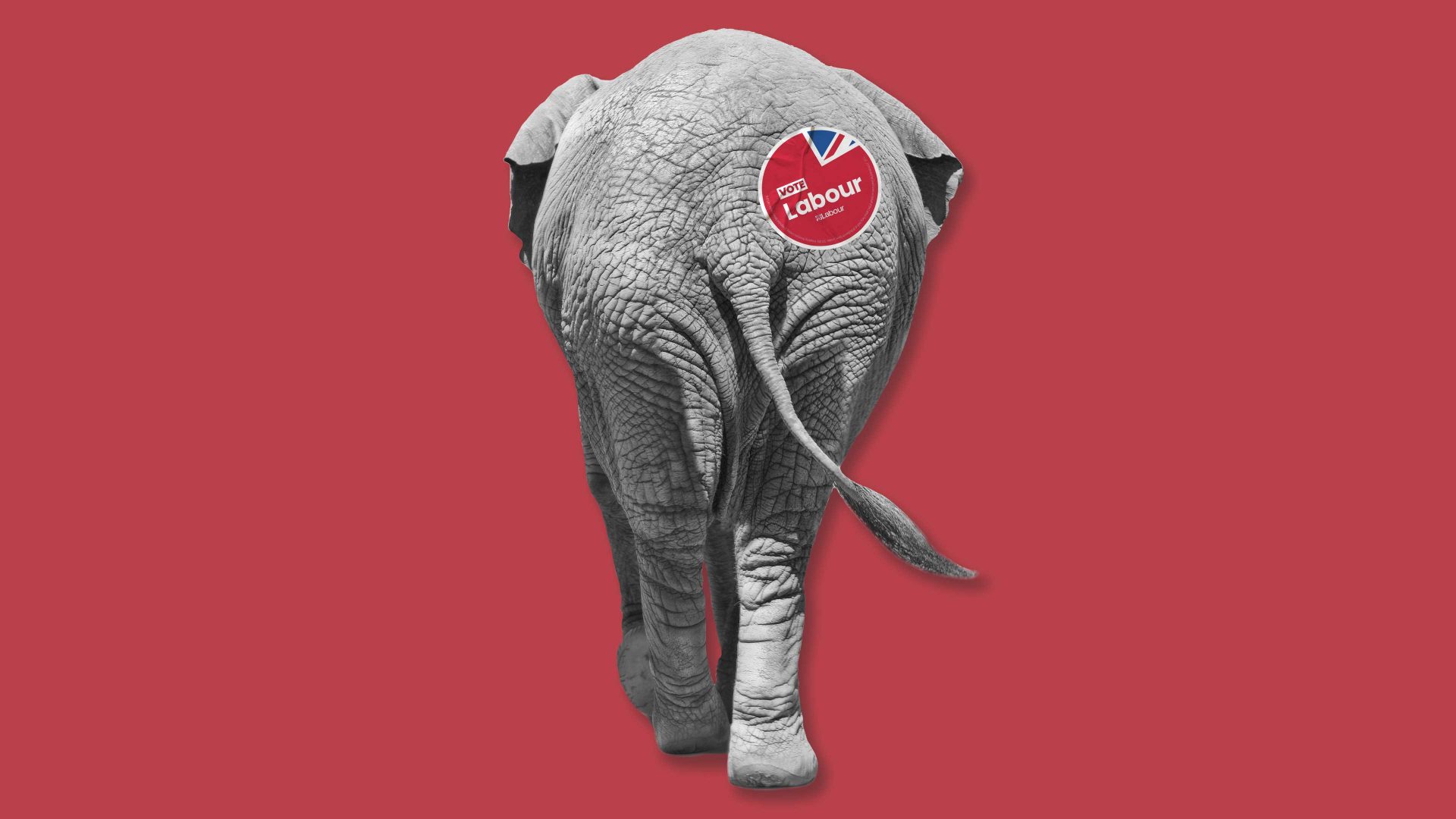“The voice of the majority is no proof of justice,” German playwright Friedrich Schiller once wrote. He has been proven right countless times, but annoyingly, politicians still need majorities to do their job.
In the German multi-party system of proportional representation, these are increasingly difficult to come by. However, the worst is yet to come this autumn.
In September, state elections in Thuringia, Saxony and Brandenburg will present the non-radical party spectrum with tough choices. The European elections have just demonstrated that the – to a vast extent – extremist AfD has sunk its teeth deep into the German political system.
Around 570,000 voters who had opted for the Social Democrats in 2021 chose AfD this time. Even more worrying, among 16- to 24-year-olds, the AfD was only one percentage point below the centre-right CDU (17%).
This has plunged the Greens into a deep depression, realising they aren’t Generation Greta’s sweethearts any more. Among young voters, the Greens crashed from 35% to 11%. Overall, with 8.6% fewer votes than in 2019, they took the biggest hit of all parties, falling from second place to fourth with only 11.9%. That was even lower than the SPD, which had to stomach its worst result (13.9%) in a national election since 1887.
The centre right claimed victory (30% overall, 1% up), but its success was overshadowed by AfD coming second overall (15%, + 4.9%) and winning in all five East German states.
It was also overshadowed by BSW, the new player on the party map, gaining 6.2% in its electoral debut. The far left anti-migrant Bündnis Sahra Wagenknecht is a group of defectors from the far left pro-migrant post-GDR Linkspartei.
Looking at these results, at the polls and at potential majorities after the three September elections in East Germany, it will be close to impossible to run a government in these states without the support of either AfD, BSW or Linkspartei.
CDU chairman Friedrich Merz may have a different view on majorities than his namesake Schiller. He needs one. But even Merz won’t go for it at any cost.
Asked about coalition options in the East – where Berlin’s governing parties SPD, Greens and FDP are heading straight towards the abyss – he answered: “It is absolutely clear that we do not work with such extreme right and extreme left parties,” meaning AfD and Linkspartei. In regard to Wagenknecht’s BSW, he added: “They are extreme right on some issues and extreme left on others.”
He was talking about coalitions on the national level, and an East German CDU official commented immediately afterwards. And Merz took the hint and said a few days later that at the state level, “in light of the election results, we need to see which constellations emerge”.
So just to recap: the far right is a no-go, the far left is a no-go. But if you throw far right and far left in a BSW-blender, the CDU won’t rule out a coalition. Because they did the maths.
And they argue that BSW’s most controversial positions on economics and national defence aren’t an issue at the state level anyway.
Speaking of national defence: judging by the polls, that was the single most important issue for German voters at the European elections, particularly for those at the extremes. Both AfD and BSW are united in their refusal to further supply Ukraine with arms, or to stand up to the Russian bullies.
Both of them are also in denial about the realities of peace talks (Putin: “It would be ridiculous for us to start negotiating with Ukraine just because it’s running out of ammunition”), or, in less friendly terms: they intentionally build on an anti-US and Russophile voter sentiment not only in the former East Germany but particularly there.
Should you be unfamiliar with this, you are in good company: Rod Stewart was completely taken by surprise in Leipzig last Friday at his sold-out concert when his fans suddenly started to hiss and boo at the 79-year-old. He had changed outfit, appeared on stage dressed as the Ukrainian flag, and started his song Rhythm of My Heart with a hearty “Fuck Putin!”
The crowd didn’t like any of it, weren’t even touched by the suffering in Ukraine shown on large screens, and the singer was left with what reporters described as a deeply saddened look.
Then Stewart quickly changed again, and it took a few songs to get the audience back into a cheery mood. It won’t be that easy for the CDU when they have to face the crowds’ decisions in September – and I don’t envy them.




